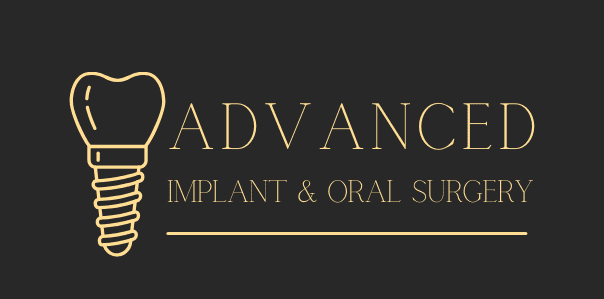Missing teeth can significantly impact the quality of your life. But you can improve the look of your smile and your oral capabilities when you seek teeth replacement treatment from your dentist.
Dentures refer to oral appliances that give a patient prosthetic teeth to restore their dental health. But depending on your personal preferences and your dental needs, your dentist can offer you different fixtures you can use. Read on to learn about three types of dentures that your dentist may recommend if you want to replace several missing teeth.

Which Dentures Will Restore My Smile?
Partial Dentures
Tooth loss can manifest in many different ways, and it does not always impact a patient evenly. People may lose more than one tooth in separate places of the mouth, on the left or right side, or on the top or bottom arch.
If you have an uneven distribution of missing teeth, your dentist can help you replace them with one appliance in many instances. A partial removable denture will secure prosthetic teeth to an acrylic base. This device will use a metal framework against the remaining teeth to help the denture stay in place.
You will need an evaluation of your existing dental structure to determine if this singular appliance will benefit your smile. But many patients appreciate the ability to restore their smiles with this treatment.
Full Removable Dentures
Removable dentures can also replace a full arch of missing teeth. Like partial dentures, this appliance will feature prosthetic teeth on an acrylic base. In the absence of supporting teeth, however, the device uses natural suction to remain in the mouth.
Patients may find the ability to take out this device appealing. This way, they can relieve their gums when the dentures are not needed. It also provides an affordable option for restorative dental treatment. However, fixed dentures can offer the maximum amount of benefits for patients following tooth loss.
Implant-Supported Dentures
Dentures can stay fixed in the mouth with support from dental implants. A dentist will surgically place anchors that fuse to the jawbone. When healed, the dentist attaches the denture prosthetic to these anchors for permanent security in the mouth.
The anchors replace the missing tooth root, preserving the jawbone. Removable appliances cannot offer this preventative dental care. The nature of this anchor also means that you cannot take the device out of the mouth. Patients can relax with this fixed appliance because they can trust it will not slip out of place at an inopportune moment.
Dental implants will cost more than a removable treatment and take longer to heal. But they can serve as a longer-lasting solution as well. Implants will remain in place for twenty or more years with proper care. A removable denture will need replacement every five years or so. Discuss your preferences with your dentist when you schedule an appointment to address your missing teeth.
